
‘The Sopranos’ revolves around Tony Soprano, a mafia boss trying to balance the demands of his criminal life with the everyday challenges of family and suburban living. The show explores his struggles with anxiety, therapy, and the difficult choices he faces between his loyalty to his crew and his responsibilities at home. It offers a look at both the inner workings of a New Jersey crime family and the personal pressures of raising children, maintaining a marriage, and caring for elderly parents, all while examining themes of power, fear, and what it means to be responsible.
The Double Life: Suburban Dad and Crime Boss
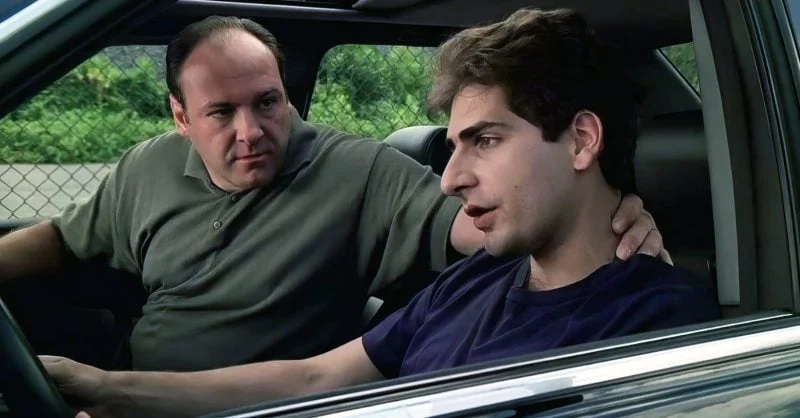
Tony Soprano leads the DiMeo crime family in North Jersey, balancing this dangerous life with his family – his wife, Carmela, and their children, Meadow and A.J. The show portrays the stark contrast between his normal suburban life – barbecues, school events, and chores – and his involvement in violent criminal activity, sometimes all in the same day. He skillfully keeps these two worlds separate, and this constant duality shapes every decision he makes, as his choices always have consequences for both his family and his criminal organization.
Therapy With Dr. Melfi: A Window Into His Mind
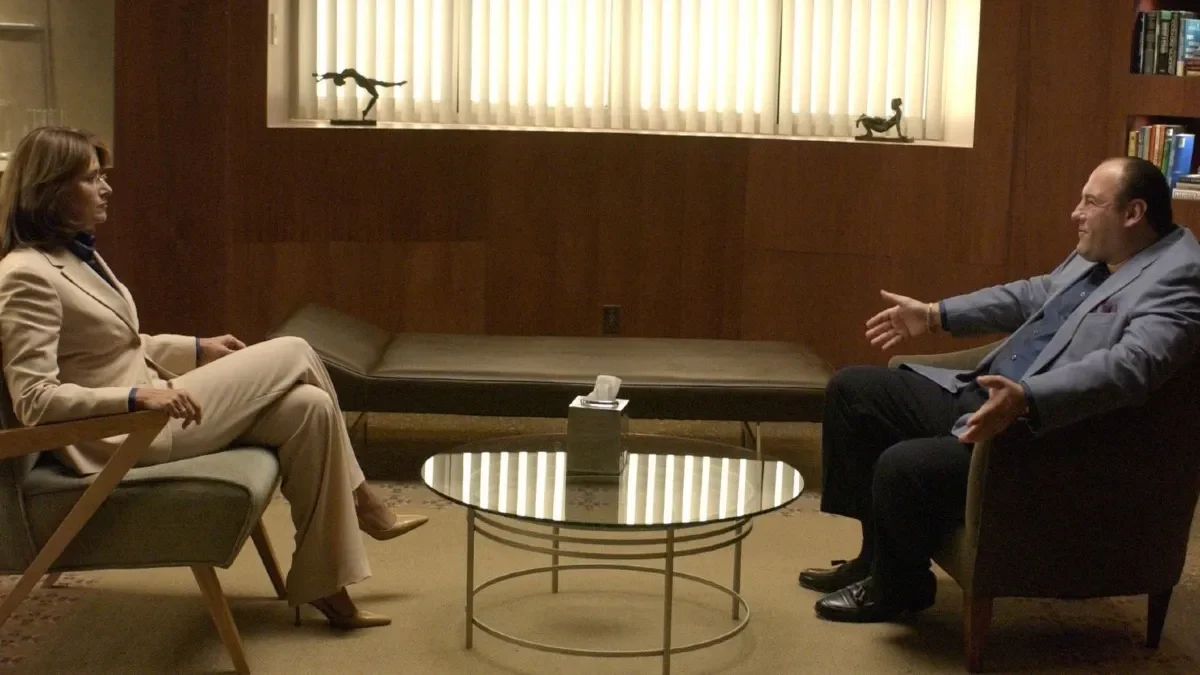
Tony Soprano regularly sees Dr. Jennifer Melfi to deal with his panic attacks, and these sessions are a key part of the show’s deeper exploration of his character. During therapy, he examines his past, particularly his difficult relationship with his mother, and pushes the boundaries of what he shares. These conversations show how feelings like shame and fear, along with the way he was raised, influence both his decisions as a leader and his personal life. The therapy sessions also introduce viewers to psychological concepts and strategies Tony occasionally uses in his everyday life.
How the Organization Works: Crews, Captains, and Kick-Ups
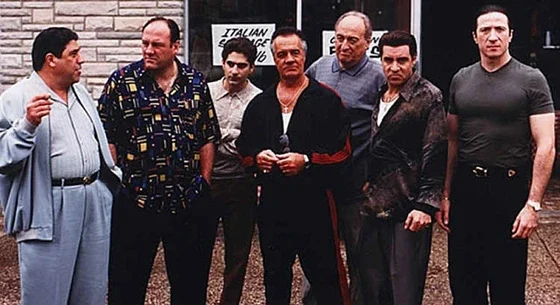
The show details the power structure surrounding Tony, showing how leaders like Paulie and his advisor, Silvio, operate alongside those who manage the daily finances. Money moves up the chain as profits are shared, and conflicts are settled through formal meetings based on established traditions. Tony acts as a mediator for territorial disputes, approves criminal activities, and tries to maximize profits while avoiding police attention. This structure highlights why loyalty, secrecy, and a clear chain of command are so crucial.
Business Fronts and Revenue Streams
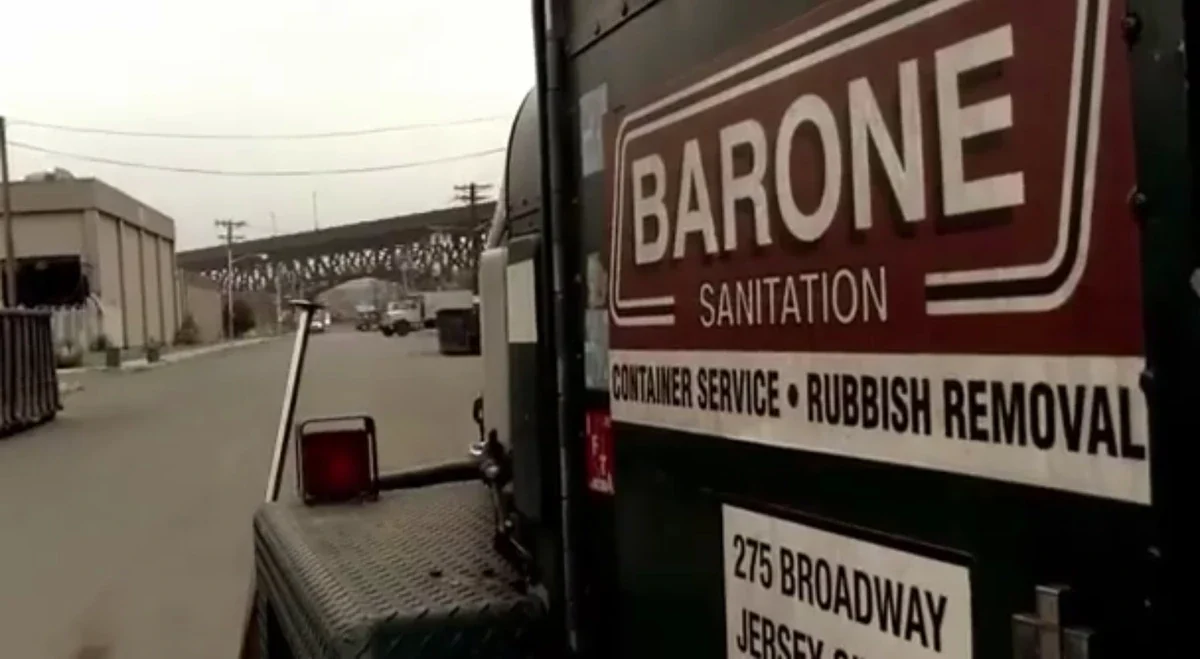
Tony operates in a world built around places like Satriale’s and the Bada Bing, which function as both social centers and unofficial workplaces. His organization makes money through gambling, loaning money at high interest, protection rackets, shady construction deals, and giving people jobs they don’t actually have to work. They also own a waste-management company that brings in legitimate income while providing influence over contracts and delivery routes. All of this demonstrates how money, favors, and intimidation work together to fund and safeguard the organization.
Family Dynamics and Generational Pressure

Tony and Carmela deal with everyday challenges at home, including their beliefs, money problems, and how to raise their kids. Their daughter, Meadow, questions the family’s traditions as she pursues her education and independence, while their son, A.J., has trouble finding his purpose and figuring out who he is. Complicating things further, relatives like Uncle Junior, Janice, and especially Tony’s mother, Livia, create drama with their power struggles, manipulation, and conflicting demands. These family dynamics constantly affect Tony’s decisions, forcing him to balance his personal life with the demands of his work.
Symbols, Dreams, and the Ducks
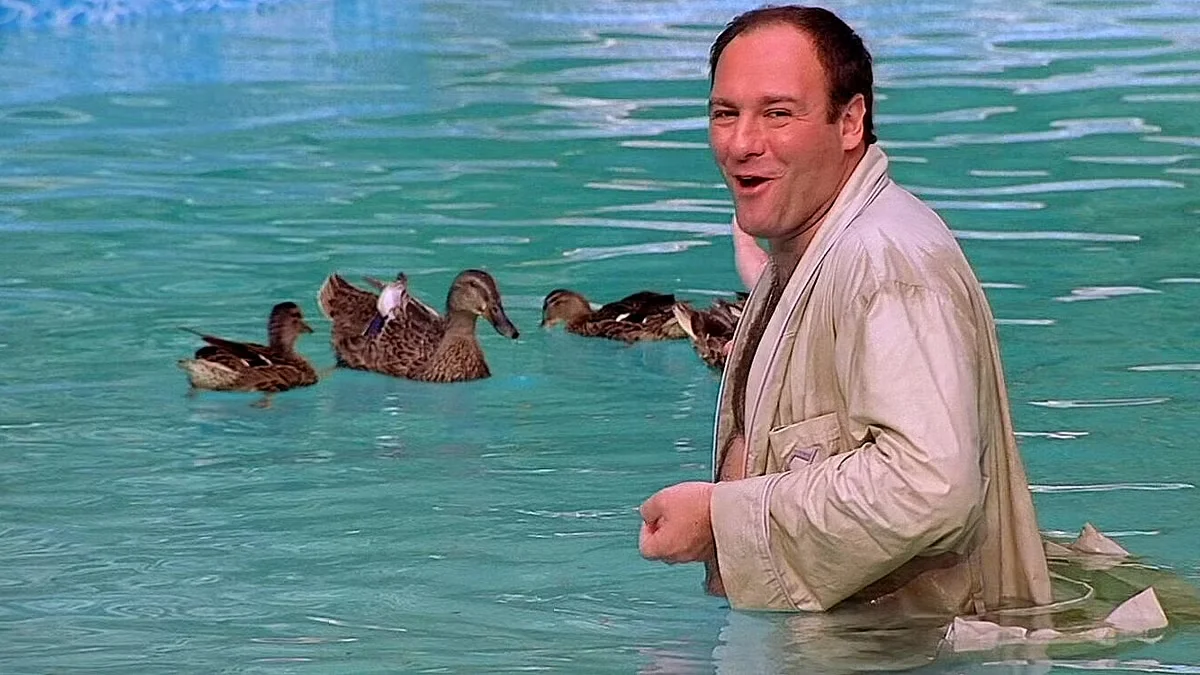
Throughout the series, repeated images represent Tony’s deepest fears and desires, starting with the ducks in his pool. Moments like animal appearances, dreams, and strange scenes—including episodes like “The Test Dream” and “Funhouse”—show his guilt, worry, and attempts to avoid facing problems. The storylines involving “Kevin Finnerty” offer a confusing, alternate perspective on his internal struggles. These techniques transform his personal issues into a visual narrative, hinting at future changes in his family life, health, and position as a leader.
New Jersey Roots and Sense of Place

The series takes place throughout the suburbs and industrial areas of North Jersey, using familiar locations like diners and strip malls to ground the story in a specific place. Spots like Satriale’s and the Bada Bing become central hubs for deals, rumors, and planning. By showing criminal activity happening alongside ordinary life – on highways, in neighborhoods, and at local businesses – the show highlights how Tony’s connections to his home, family, and community influence his choices and weaknesses.
Law Enforcement Pressure and Countermoves
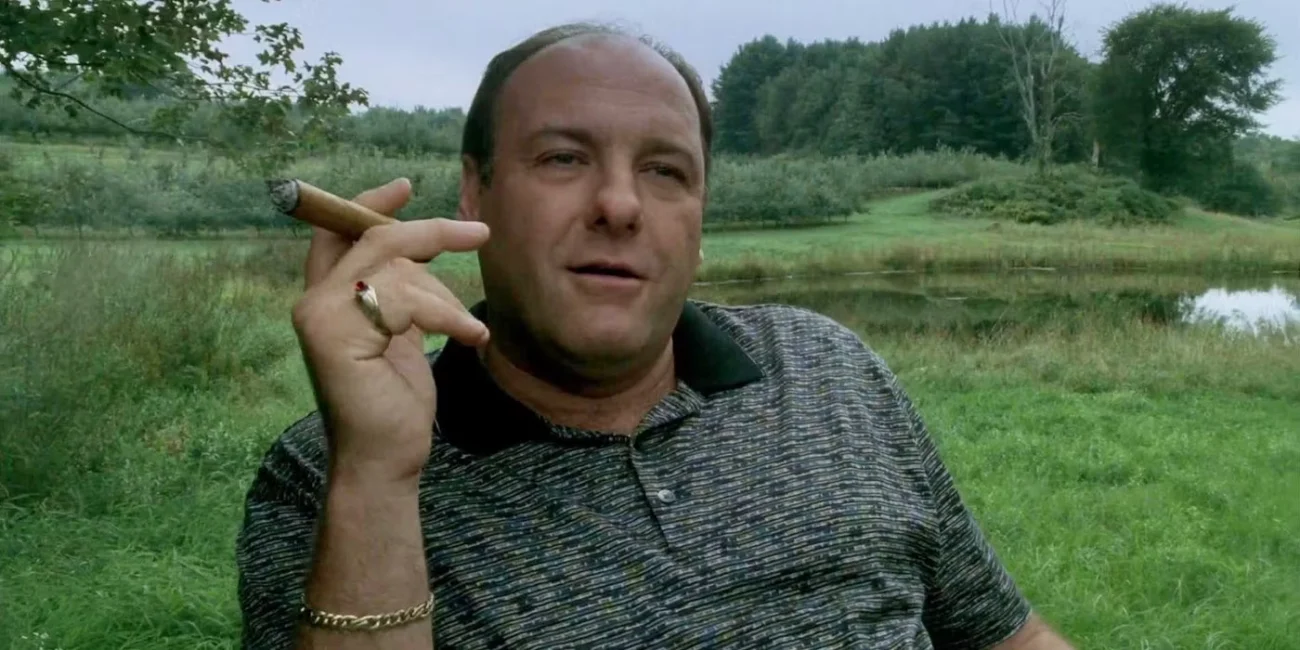
Tony’s criminal activities are under constant scrutiny by the FBI, who use surveillance, wiretaps, and informants. The agents are actively gathering evidence of conspiracy and financial crimes by developing sources and monitoring key locations. As a result, Tony has become more cautious, limiting phone conversations, using code words, and changing meeting places to avoid detection. This creates a constant back-and-forth where Tony tries to protect his operations while still managing his business and keeping his team in sync.
Language, Slang, and Communication Style
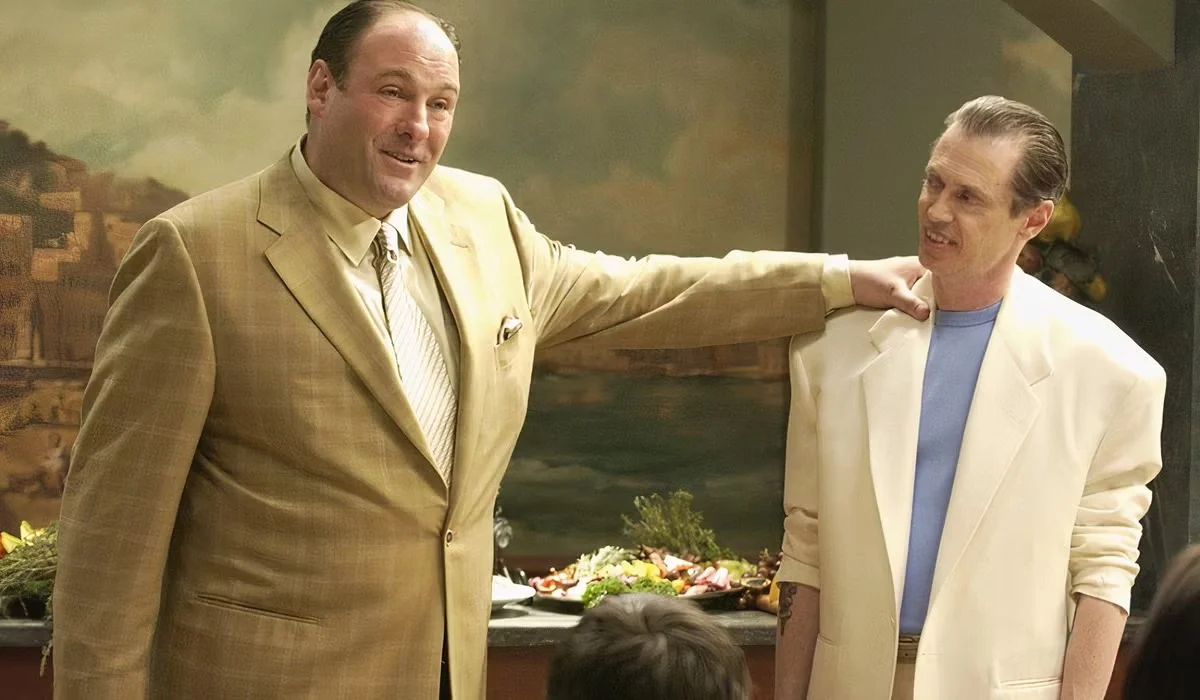
Tony adapts his language to fit the situation and the person he’s talking to, effortlessly moving between direct commands, casual slang, and friendly conversation. He often uses specific Italian-American phrases and subtle code words to show who has power, issue warnings, or offer support without being explicit. He prefers brief, easily remembered phrases to give instructions, gauge loyalty, or deflect difficult questions. This careful control of his words allows him to both connect with and keep a distance from those around him, whether they’re colleagues or family.
The Prototype TV Antihero’s Legacy
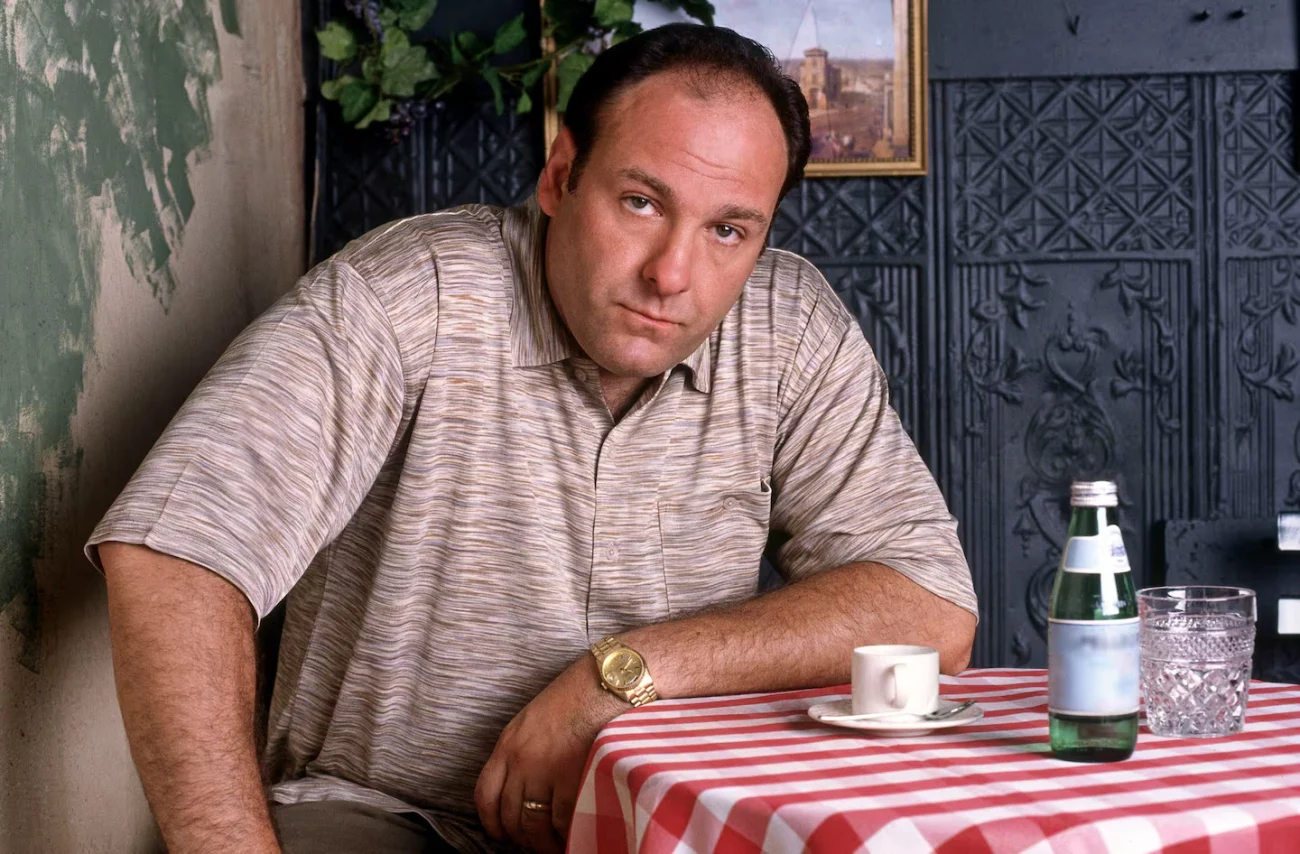
Tony Soprano set a new standard for complex TV characters, heavily influencing the leads in many of today’s popular dramas. ‘The Sopranos’ made it common to see storylines unfold over long periods, focusing on characters with questionable morals who openly discuss their problems and whose personal lives are deeply connected to their criminal activities. When people talk about the rise of complicated characters on cable and streaming TV, Tony Soprano is often mentioned as a key example. He continues to shape how television explores themes of power, weakness, and the impact of choices over the course of a series.
If you’re a fan of the show and enjoy thinking about Tony Soprano, tell us what you find most interesting about him in the comments below!
Read More
- 2025 Crypto Wallets: Secure, Smart, and Surprisingly Simple!
- Gold Rate Forecast
- Brown Dust 2 Mirror Wars (PvP) Tier List – July 2025
- Banks & Shadows: A 2026 Outlook
- Wuchang Fallen Feathers Save File Location on PC
- Gemini’s Execs Vanish Like Ghosts-Crypto’s Latest Drama!
- The 10 Most Beautiful Women in the World for 2026, According to the Golden Ratio
- QuantumScape: A Speculative Venture
- ETH PREDICTION. ETH cryptocurrency
- The Weight of Choice: Chipotle and Dutch Bros
2025-10-31 11:15